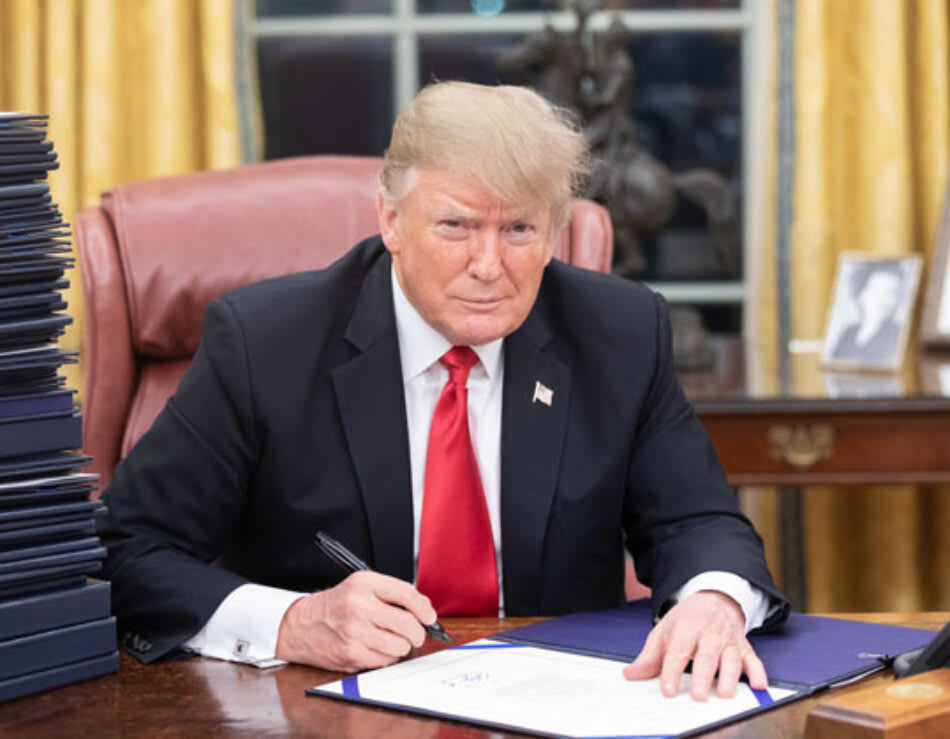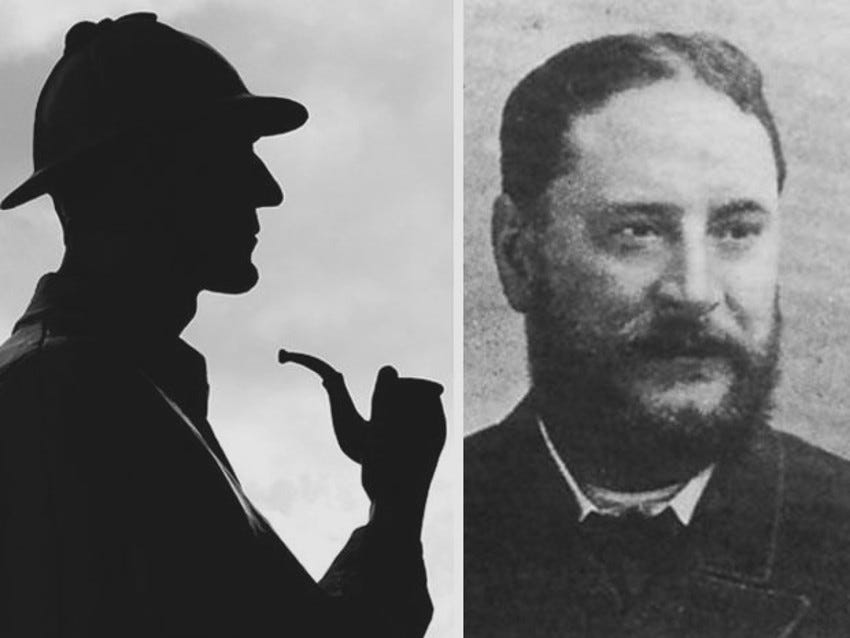Crime Monthly Sept 2025: Crimes, Monsters, Doctors, and
Monsters, Malpractice, Drugs, and a real-life Sherlock Holmes
Dear Readers
This time, we feature four articles on crime that are distinctly different from one another. The first two touch on contemporary issues: the dissonance between the frequency of crime & its perception, as well as President Trump’s efforts to merge the war on drugs with the war on terror.
The other two posts are about Victorian England. The first is a shocking case of medical negligence (or murder), and the second is about an impressive sleuth. The degree to which medicine has changed over the past hundred years is astounding, and this case reveals just how quickly medicine has, arguably, improved. Jerome Caminada was an impressive detective, and I am keen on learning more about his investigative techniques.
Are There Monsters Under My Bed?
This exceptional post by John K. Roman, PhD seeks to explain why people are more concerned about crime even though most metrics suggest there is less crime. Studies and surveys indicate that people perceive there is more crime. Furthermore, the public often wrongly assumes that strangers commit most crimes.
This reminded me of Barry Glassner’s book Culture of Fear, where he argued that many public fears are unwarranted. From shark attacks to airplanes, our ability to distinguish real threats from perceived ones is abysmal. This post emphasizes the significance of data in determining what, if anything, we should be concerned about.
Merging the War on Drugs with the War on Terror
The attacks on 9/11 caused massive changes in the United States, including the passage of the Patriot Act and the creation of the Department of Homeland Security. Among these changes and as part of the war on terror, the Americans expanded their military power and gave the Presidential Office greater flexibility. President Barack Obama increased the use of drones and controversially ordered the killing of a US-Yemeni citizen.
In addition, Obama’s administration passed a rule that required the US Government to report on civilian casualties as a result of drone strikes. During his first term, President Donald Trump revoked it.

Recently, President Trump has begun sharing videos of missile attacks on vessels on social media. He claimed that these vessels were carrying drugs. In taking this step, Trump has sought to merge the war on drugs with the war on terror1. In this provocative and informative post, Chris Dalby cogently argues the dangers of this approach. Dalby questions the Government’s claim that those in the vessel were part of Venezuelan drug cartel “Tren de Aragua”. These actions have been taken without a conviction or trial.
Murderous Malpractice
Sophie Michell shares a story about a surgeon whose incompetence, or malice, killed a mother during childbirth. During this time, patients died from all kinds of complications, and the only way to charge a doctor with negligence was to accuse them of murder. This is truly a horrific tale.
A Brilliant Sleuth and The Manches Cab Mystery
Dr Angela Buckley shares one of the cases that cemented Jerome Caminada’s reputation as a brilliant sleuth. Caminada was in many ways a “real-life Sherlock Holmes,” who cunningly investigated and solved crimes in Victorian England. Dr. Buckley has written a book about Detective Caminada, which I received earlier this week.

This case showcases nascent detective and forensic practices such as determining the presence of substances in a victim’s body, infiltrating, and collecting evidence. I am especially keen to share this one, given my exchange with Dr. Buckley in the comments, where we explore the role of science in identifying substances in murder investigations and the importance of witness testimony in those times.
One of the remarkable lessons from historical study is how recognizable and alien the past appears. We swim in the waters of our world, and take for granted that life has mostly been the same. Perhaps, this forgetting is what makes it so easy for people to grow incredulous about vaccines and other public health successes. What I find most perplexing to consider is what parts of our present will seem odd to our descendants? Which of our assumptions will seem just plain weird?
Heck, some of our present seems inexplicable to me, including a deep and pernicious scepticism of expertise, and an effort to eschew conversation. One of the posts about current affairs gives me hope, as violence and crime seem to be decreasing. However, our inability to recognize this is concerning. The other post invites fearful speculation about the direction in which democracies may be heading.
Acts of terror are strategic acts carried out by an individual or a group to influence decisions, policies, or inflict fear. It seems strange to declare war on a strategy.






